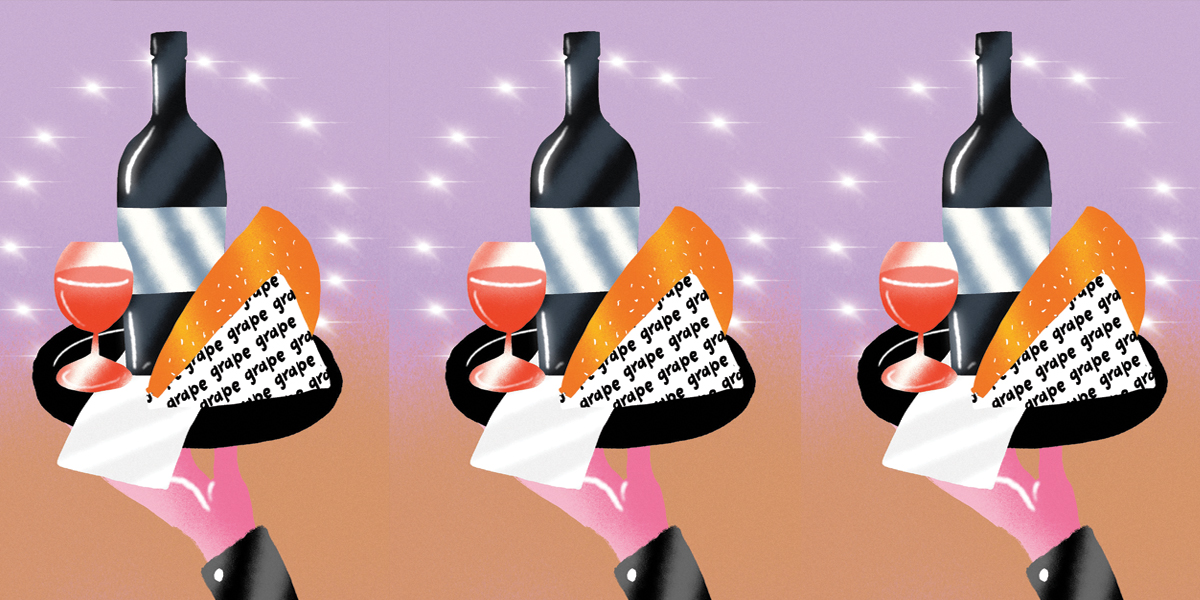
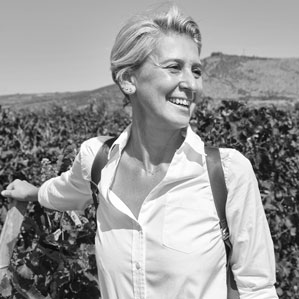
A commanding presence, he belongs to the golden generation of Greek vintners who spearheaded the so-called “Greek wine revolution” of the 1990s. He is also, without question, a masterful storyteller.
“Since the day I decided I wanted to be a winemaker, my life has been a wonderful journey,” Skouras tells me as we sit down for an interview in his beloved Nemea, the wine region he fell in love with more than 40 years ago. “My passion for wine has never made my work feel like a burden, despite the difficulties. That’s a blessing. Even at the hardest moments, I never felt weighed down.”
At the age of 19, Skouras left for France to study Oenology at the University of Dijon in Burgundy. “It was the late ’70s, the golden era for wine in France,” he recalls. “Back then, wine was for everyone. It wasn’t as snobbish as it has become today.“
During his time there, he worked in every possible role: in the vineyard, in the cellar and even in marketing. “I did everything, from sweeping the sidewalks of the winery to driving a van to Paris airport in the middle of the night to deliver a shipment bound for Hong Kong.”
After returning to Greece, he found himself in Kefalonia, initially working for the Kalligas winery. It was there that he met Spiros Kosmetatos, a pivotal figure in his life. Together, they created Gentilini, one of Greece’s first boutique wineries. Their partnership lasted until 1989.
During those formative years, Skouras also met his wife Ourania and began dreaming of making his own wine. His first vinification took place in his father’s garage. “Yes, I’m a garagiste winemaker,” he jokes. From there, he rented space in a Nemea winery, leased vineyards, and borrowed money: “That’s all you need to get started, right?”
He built a small winery in 1997 and by 2004 had completed his state-of-the-art facility in Malandreni: the Skouras Estate. It was there that he cemented his reputation as one of Greece’s great winemakers. More importantly, it was the base from which he launched his dream of taking Greek wine beyond national borders. His vision of introducing Greek wine to international markets became a reality.
“The dream grew. The vines grew. Wines were made and, along with the wines, an incredible team came together. I have the joy of sharing all this success with my family and the people who work at the winery.”
THALEIA KARTALI
When did you first get the idea that Greek wine could make its way onto the international market?
GEORGE SKOURAS
From the very beginning! I studied wine abroad, so my expectations were high right from the start. Perhaps it was premature to think that way, but from day one, my goal was to introduce Greek wine to the world. That’s why my entire career has revolved around exports. I started exporting just three or four years after producing my first wine.
THALEIA KARTALI
Where was your wine first exported?
GEORGE SKOURAS
To the United States. It all began through a friendship. I met Ted Diamantis, who’s still a dear friend, in a bar in Kefalonia. My wife and his sister knew each other, and that’s how we met. We’ve been through thick and thin together. Ted devoted his life to helping the American market discover and appreciate quality Greek wine; he became its ambassador. His dedication is remarkable. I gave him the idea, and he ran with it, often at great personal cost. At one point, he had to work three jobs to support it all, trading wines from around the world to learn the business. Our first export was a container of our flagship label, Megas Oenos, to Chicago. When it arrived, Ted realized the labels were wrong. He had to replace them all by hand, cursing me the whole time, of course!
THALIA KARTALI
Then what happened?
GEORGE SKOURAS
In 1992 or 1993, I don’t remember the exact year, Megas Oenos unexpectedly won an award at a competition during Wine America, an exhibition that no longer exists. We never imagined that would happen. I remember returning to Greece and being met at the airport by my wife and some friends waving flags. She had even organized a surprise party; when I walked into the house, I thought someone had broken in. I couldn’t believe the joy this brought us. Thank God we have such moments to share. Otherwise, people like me would just be boring winemakers and nothing more.
THALIA KARTALI
How would you describe your experience in the U.S.?
GEORGE SKOURAS
It was tremendous, a real learning experience. That’s where I came to understand the true scale of things. It’s easy to think you’re doing great within the small confines of your village. But then you go to America and realize the competition is fierce. There are hundreds of wines that cost the same but are better. That’s when you wake up. It’s a challenge. You’re constantly being judged: every day, every hour. Every time I visited, Ted – who was also learning – would take me around to see what was selling, what trends were emerging, which categories were in demand, how labels were changing. Even now, every time I return from the U.S., I come back wiser. Things are always evolving, and we must keep up.
THALIA KARTALI
Where does Greek wine stand today in terms of recognition?
GEORGE SKOURAS
Greek wine is in a very good place. I remember my first international exhibition in Bordeaux, before going to the U.S. People would stop by and say, “Seriously? You make wine in Greece?” They thought that all we produced was retsina. That’s why I created a blend of Agiorgitiko and Cabernet Sauvignon. Cabernet was our passport into the international market, since nobody had heard of Agiorgitiko back then. Those days are behind us now. My generation had some great winemakers, educated abroad, who worked together to put Greek wine on the map. We introduced the world to four key words: Agiorgitiko, Assyrtiko, Moschofilero and Xinomavro. These are now our ambassadors. Many other varieties have followed, because Greece’s true wealth lies in its 300+ indigenous grape varieties.
THALIA KARTALI
Are you worried that anti-alcohol campaigns might harm wine consumption?
GEORGE SKOURAS
Look, every product has its good and bad versions. Wine labeling is now very transparent; QR codes show all the ingredients, so consumers know what’s in the bottle. Health warnings have been around for years in the U.S., and yet wine sales have increased. That’s just how it works.
THALIA KARTALI
But younger generations drink less than older ones. Doesn’t that concern you?
GEORGE SKOURAS
Everything moves in cycles. History often teaches us what to expect. Wine has been part of our culture for thousands of years. We’ve been through crises, especially here in Greece. The financial collapse in 2010, capital controls, COVID, we came through it all. We’ll adapt again.
THALIA KARTALI
What do you think of low-alcohol or no-alcohol wines?
GEORGE SKOURAS
Maybe they’re necessary. Take a young pregnant woman whose doctor tells her not to drink; she still wants to enjoy a good time with her friends. Why not have a non-alcoholic wine? Who says these wines will take over the world? Trends come and go. Ten years ago it was red wine, then rosé, now white, and tomorrow low-alcohol. You shouldn’t ignore these trends; instead, you should adapt.
THALIA KARTALI
How do you feel about tariffs?
GEORGE SKOURAS
Tariffs make me angry. And not just because they exist. Everyone’s angry. But that doesn’t matter. What matters is the outcome. Right now they’re at 10%, and some importers are absorbing that cost. But what happens if they go up to 20%, 30% or 40%? For me, exports are 15% of my business. But for some importers, it’s 100%. How will they survive? It’s their loss. American consumers will still want these wines, just at a higher price. It doesn’t make sense. Sure, there may be a trade imbalance between the U.S. and Europe, but these aren’t problems that get solved overnight. Meanwhile, we must continue doing business. We’ll keep supporting our customers there, and they’ll support us. I can’t imagine seeing 30-40 years of work in the U.S. just go down the drain. I’ve devoted my life to building our presence in America, traveling all over. If you take three months off, you’re finished. So, no! We’ll persevere and keep doing our job.
Με την εγγραφή σας στη λίστα των παραληπτών θα λαμβάνετε το newsletter του grape!

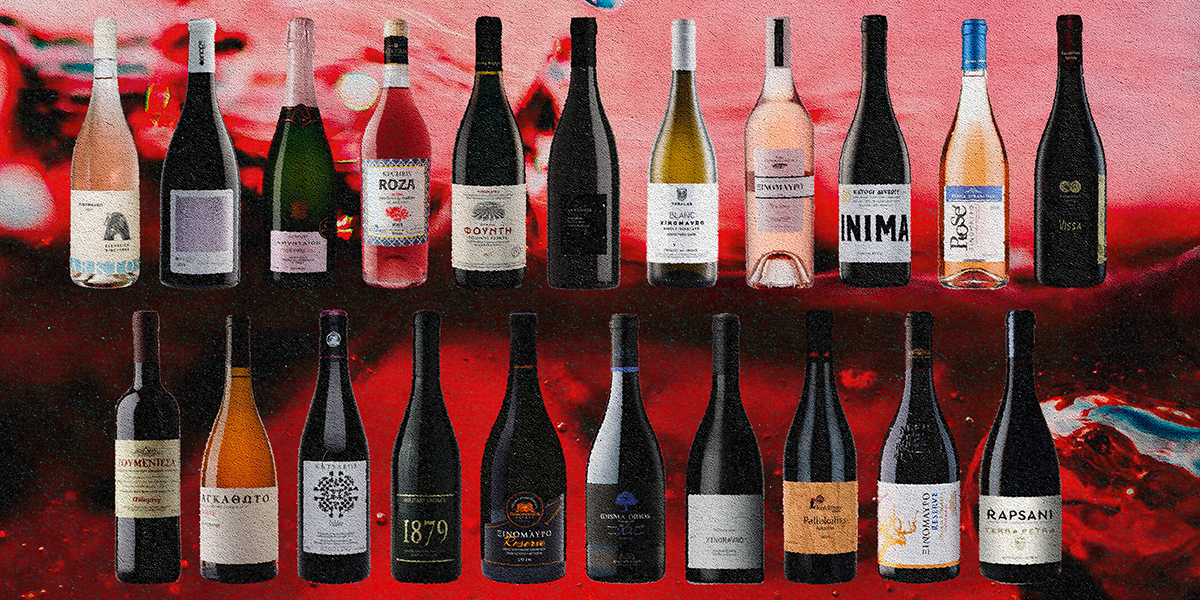
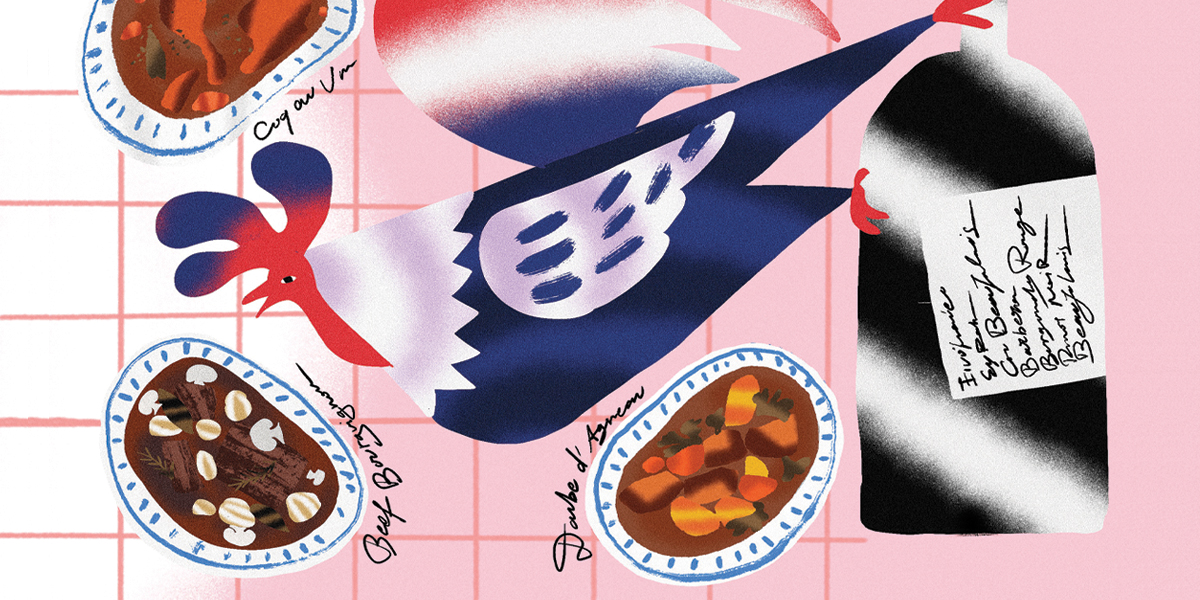
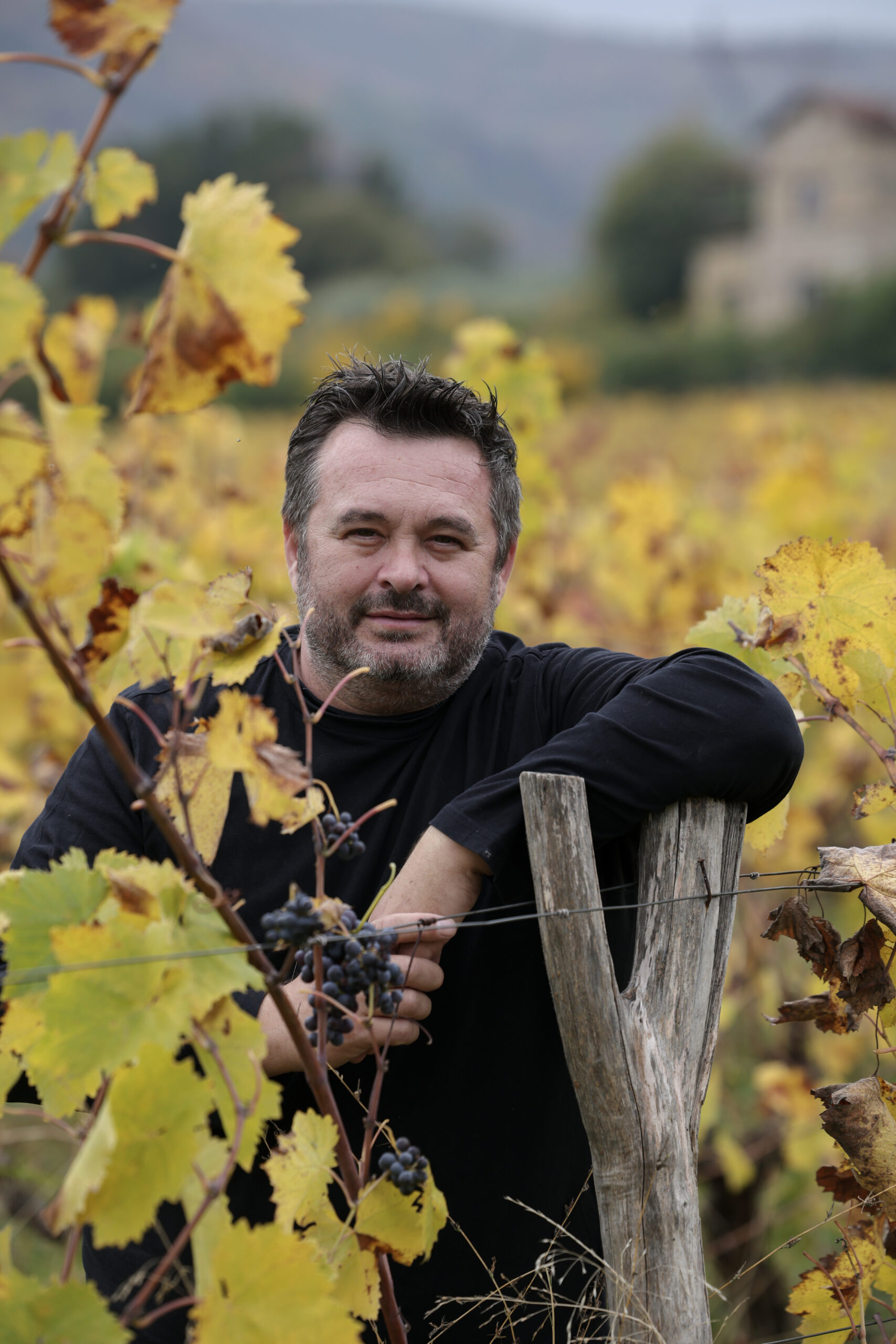
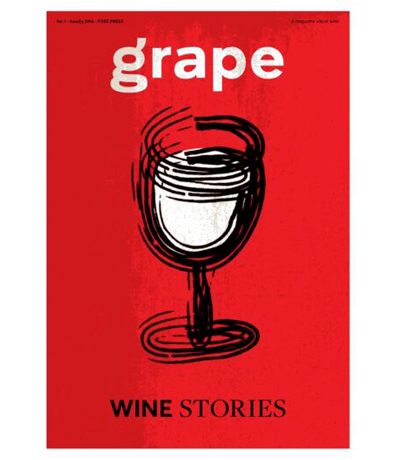
Με την εγγραφή σας στη λίστα των παραληπτών θα λαμβάνετε το newsletter του grape!